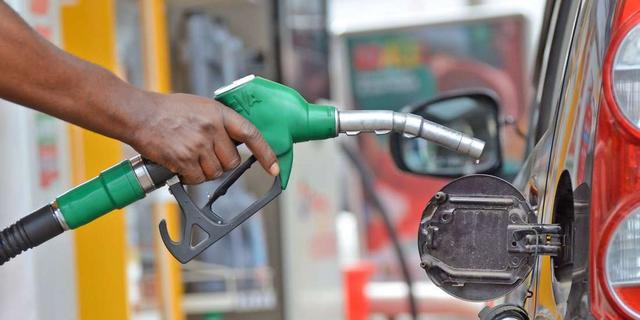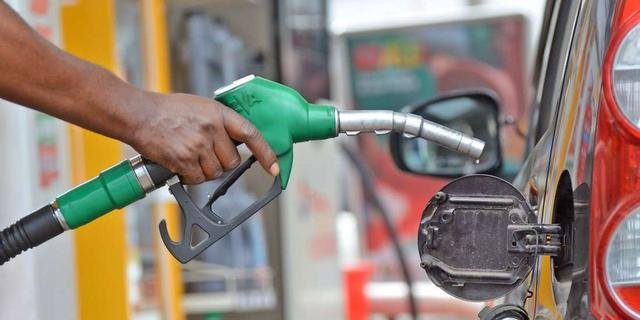
The energy department said that the pump prices may climb due to Nigeria’s reliance on fuel imports, which is projected to remain high in the foreseeable future.
According to the report, petroleum subsidies remain a significant burden and strain on government finances. The impact would exert significant pressure on the country’s foreign exchange reserves, impacting the stability of the naira and overall economy.
“With fuel sold at different prices across the country in line with subsidy removal, price hike could hit 300 per cent in some states compared to the same time in 2023,” it stated.
The report cited several factors, including underperforming domestic refineries, delays in the full operationalisation of new refining projects, and increasing domestic demand, as the cause of high-level imports. It noted that refineries would operate at limited capacity due to unending maintenance and upgrades.
“This outlook highlights the key trends and challenges expected in Nigeria’s energy sector during the third quarter of 2024. The sector is expected to experience growth and development, but also faces significant challenges that need to be addressed to ensure sustainable progress,” it stated.










